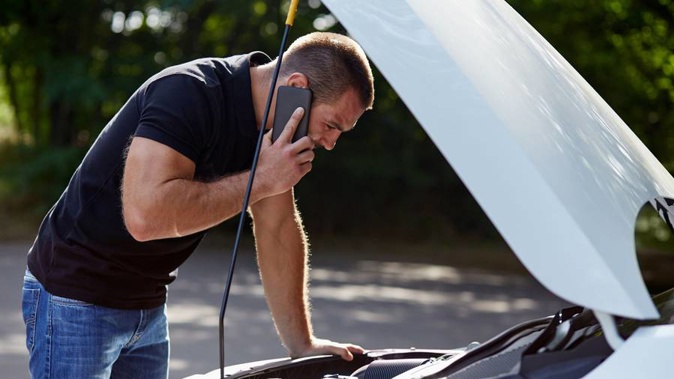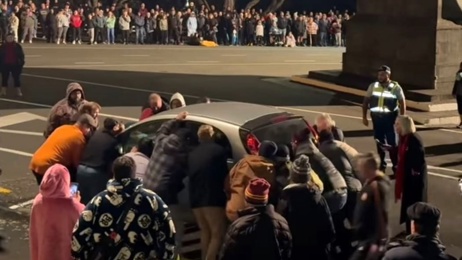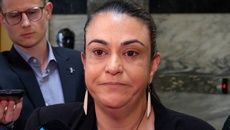
The number of Kiwis living pay day to pay day has jumped in the past nine months and fewer people say they have money set aside to cover emergencies, research by the BNZ has revealed.
In February 30 per cent of people surveyed said they were living pay cheque to pay cheque but in November it jumped to 41 per cent in the bank's Financial Futures research.
Those who said they had enough money put aside to cover unexpected expenses fell from 70 per cent to 59 per cent.
The research found one in five people had no money at all set aside for emergencies and nearly half had less than $1000.
Donna Nicolof, head of wealth and private banking at the BNZ, said with less than $1000 in a rainy day account, many could struggle if they got toothache and suddenly found they needed a root canal or if their washing machine broke.
"All it takes is for your car to fail its WoF and you need a new set of tyres and people without anything set aside can find themselves racking up debt quickly, often on their credit cards.
"For many, it can take a long time to pay it all off and get themselves back on track because of the higher interest rates that credit cards carry."
Retirees were much more likely to have rainy day savings than younger people.
The survey found 85 per cent of over 65 year olds had money put aside for emergencies compared to 56 per cent of 18 to 24 year olds.
Nicolof said most retirees will have had their share of unplanned bills and know how stressful it can be if you aren't prepared.
"There is so much we can learn from them in terms of budgeting and saving because they have been through good times and bad.
"Having an emergency fund can provide peace of mind and help people make better
decisions when life doesn't go according to plan."

Asked what they hoped to do better with their finances next year 45 per cent said they wanted to save more while 28 per cent hoped to set money aside for emergencies.
Nicolof said those who wanted to start saving for an emergency should set up a simple budget to see where their money was going and pay off high interest debt first.
"As little as $10 savings a week will build up over time and, thanks to the power of compounding interest, will grow to provide a buffer for emergencies."

Take your Radio, Podcasts and Music with you









